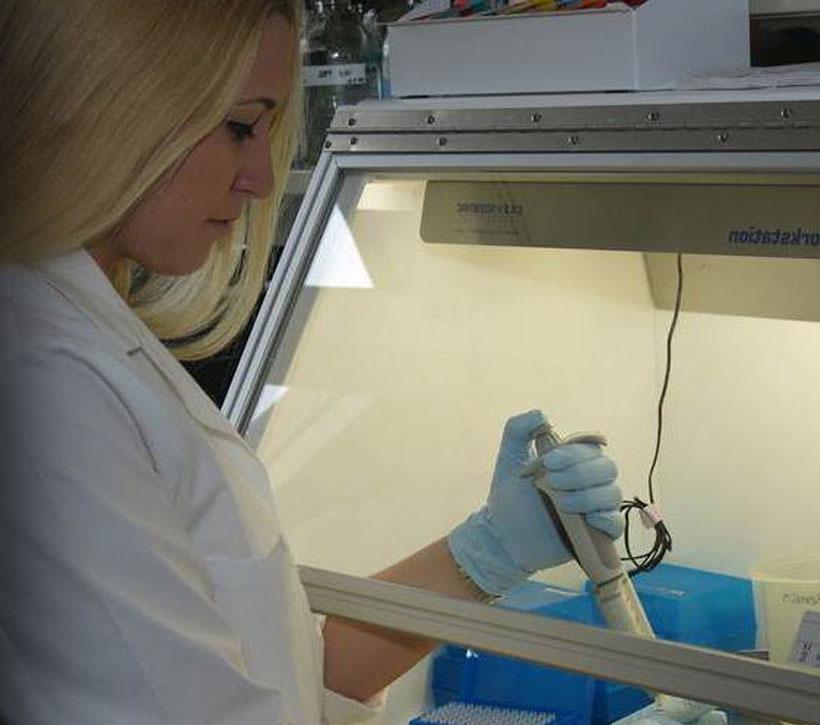
Our department is dedicated to graduate training in human genetics research (including molecular, statistical, and bioinformatics research), public health genetics, and genetic counseling.
Human Genetics Seminar
See the weekly schedule of seminars for the term. Happening Fridays from noon to 1 p.m. in A115 Public Health.

News

Zafari receives Outstanding Poster Award at OSCAR symposium
PhD Student Narges Zafari presented her work at the 2025 Optimizing Scientific Careers in Alzheimer's Research (OSCAR) symposium and was honored for the poster "Genome-wide association analyses Reveal Novel and Established Genetic Loci A

Newly discovered link between traumatic brain injury in children and epigenetic changes could help personalize treatment for recovering kids
A newly discovered biological signal in the blood could help health care teams and researchers better understand how children respond to brain injuries at the cellular level, according to published research by Lacey Heinsberg, assistant professor of nursing and human genetics, and Amery Treble-Barna, associate professor of physical medicine and rehabilitation.

2025 Public Health Practice Showcase
The 2025 Public Health Practice Showcase featured 15 graduate students representing each of Pitt Public Health’s seven departments, who presented work done in collaboration with community partners.



